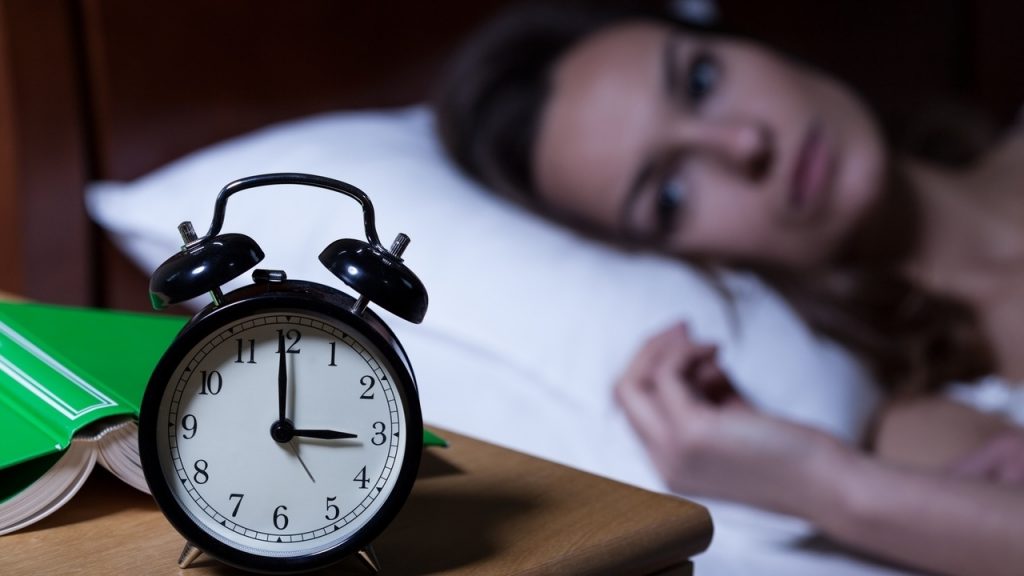When you have trouble falling asleep at night or you find yourself waking up multiple times, it could be more than just having a lot on your mind or drinking too much coffee – it could be insomnia. Insomnia is a chronic condition that can have a serious impact on your life, affecting your work performance, decision-making abilities, and even your relationships. Fortunately, there are a few simple things you can do to deal with insomnia and other sleep disorders.
Overview of Insomnia
According to the American Academy of Sleep Medicine, as many as 30% to 35% of American adults complain of insomnia. Insomnia is more common in women than men and it is more likely to affect older adults and people with mental health issues. The causes and symptoms of insomnia vary from one case to another but it typically results in difficulty falling or staying asleep as well as waking early in the morning and being unable to fall back asleep.
There are two types of insomnia – short-term insomnia and chronic insomnia. Short-term insomnia only lasts for up to 3 months and it occurs in between 15% and 20% of people. Chronic or long-term insomnia lasts for a minimum of 3 months and it occurs at least 3 times per week. About 10% of people are affected by chronic insomnia.
Tips for Dealing with Insomnia
There are a number of different ways to treat insomnia. For minor cases, improving sleep hygiene may be enough to break through the cycle of insomnia. For others, prescription medications may be required to facilitate sleep. Cognitive Behavioral Therapy (CBT) is another treatment option – it helps patients learn to change the thoughts and patterns that prevent them from sleeping well.
If you suffer from mild to moderate insomnia, you may find the following tips helpful:
1. Try to create and stick to a sleep schedule. When you suffer from insomnia you may find yourself staying awake until the wee hours of the morning and then sleeping well into the afternoon. The best thing you can do to combat your insomnia, however, is to regulate your sleep schedule. Try to go to bed and wake up at the same time each day to regulate your internal clock – you should also avoid taking naps, especially in the afternoon.
2. Engage in regular physical activity. Getting regular exercise is important for your health as well as your sleep. Being active during the day will help you to feel more tired at night which could help you fall asleep more easily. Just be sure not to exercise right before bedtime because the endorphins could keep you from falling asleep.
3. Avoid things that will make it harder to sleep. Eating a heavy meal in the late evening (especially something spicy) can keep you awake well past your bedtime. You should also avoid smoking or drinking alcohol before bed because it can disrupt your sleep patterns.
4. Give yourself adequate time to wind down. In this modern age of technology people spend hours a day staring at brightly-lit screens. To help yourself get to sleep, you should take time to wind down and this means no television, computer, or phone use within 30 minutes of bed time. Drawing the shades and engaging in a calming activity like reading can also help get your body ready for sleep. Though insomnia may not have any direct correlation with serious medical problems, prolonged sleep deprivation can cause some nasty side effects. If you are dealing with insomnia or other sleep problems, contact your doctor for a diagnosis and treatment plan. You can also implement the tips provided above to help improve your quality of sleep.







